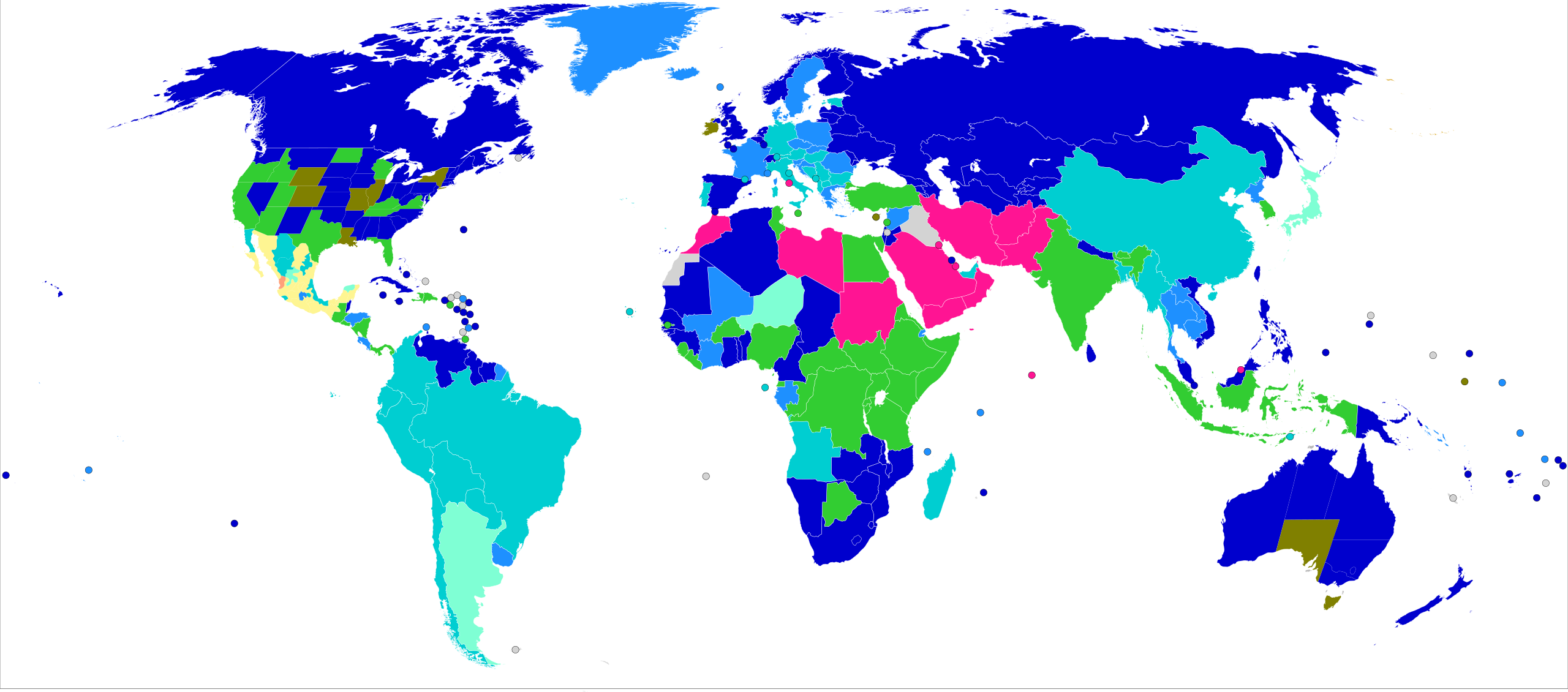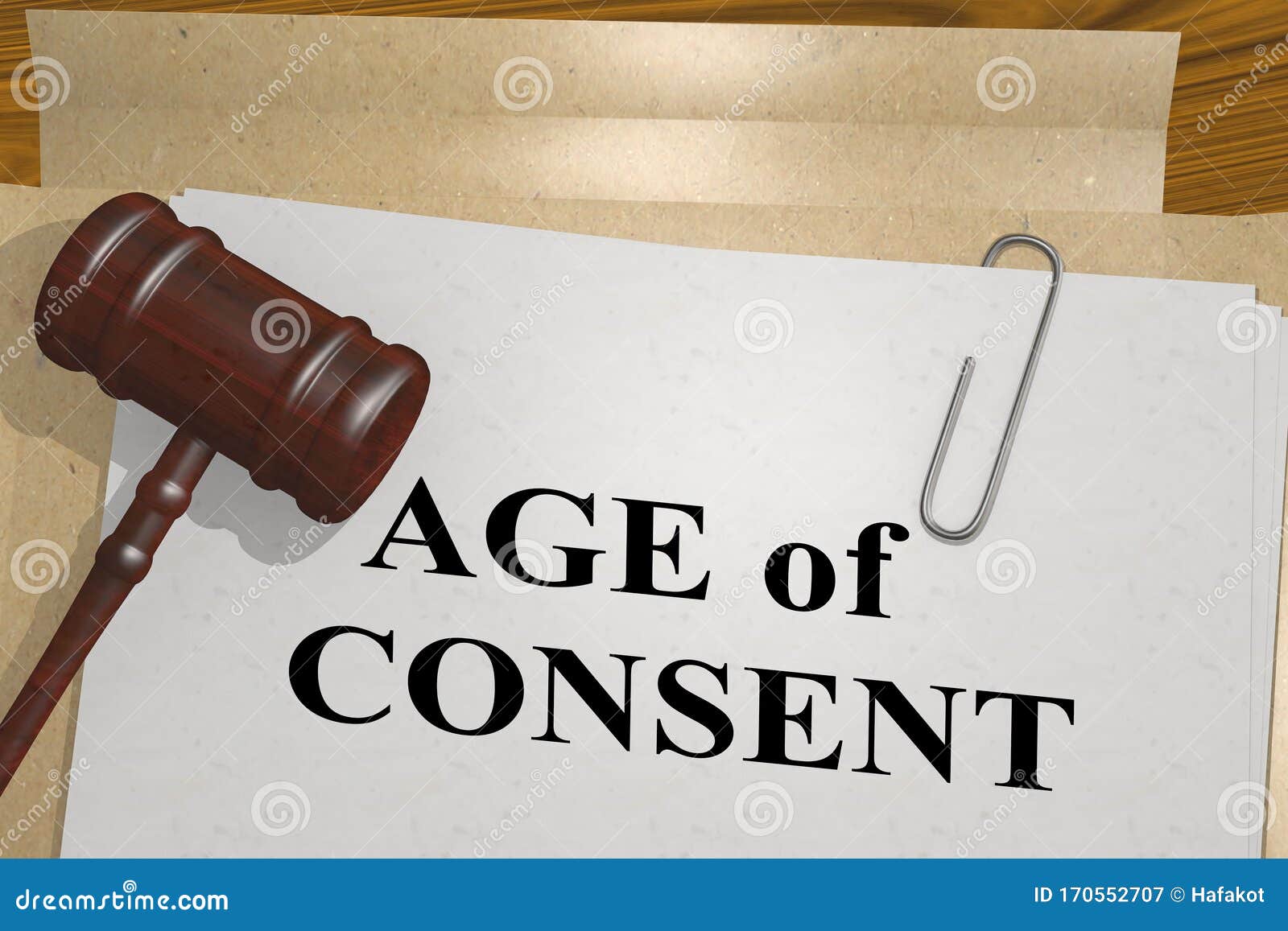Russian Legal Age Of Consent: Understanding The Laws And Implications
Understanding the Russian legal age of consent is crucial for anyone navigating the country's legal or cultural landscape. This topic has garnered significant attention due to its implications on both personal and societal levels. The age of consent in Russia is a legally defined threshold that determines when an individual is considered mature enough to consent to sexual activities. This article delves into the specifics of the law, its historical context, and how it compares to global standards. By exploring this subject, we aim to provide clarity and valuable insights to readers seeking accurate information.
In Russia, the legal age of consent is set at 16 years old. This means that individuals aged 16 and above are legally permitted to engage in consensual sexual activities. However, the law also incorporates certain nuances, such as regional variations and exceptions, which can sometimes lead to confusion. These nuances highlight the importance of understanding the legal framework in its entirety. By examining these details, we can better grasp how the law operates and its broader impact on society.
Beyond the legal definitions, the Russian legal age of consent also reflects cultural and social norms. These norms influence how the law is perceived and enforced across different regions of the country. Understanding the interplay between legal statutes and societal attitudes is key to comprehending the full scope of this issue. This article will explore these dynamics, offering a comprehensive view of the topic and addressing common questions and misconceptions.
Read also:Matt Czuchry Is He Married And What You Need To Know
- What is the Russian Legal Age of Consent?
- Historical Context of the Law
- How Does the Russian Legal Age of Consent Compare Globally?
- Is the Russian Legal Age of Consent Universally Applied?
- Regional Variations and Exceptions
- What Are the Penalties for Violating the Law?
- How Does Society View the Russian Legal Age of Consent?
- Frequently Asked Questions About the Law
- How Can the Law Be Reformed?
- Conclusion: Understanding the Russian Legal Age of Consent
What is the Russian Legal Age of Consent?
The Russian legal age of consent is defined as the age at which an individual is legally recognized as capable of consenting to sexual activities. In Russia, this age is set at 16 years. This means that individuals aged 16 and above are considered mature enough to make informed decisions regarding their sexual relationships. The law is designed to protect minors from exploitation and abuse while also respecting their autonomy as they transition into adulthood.
Historical Context of the Law
The current legal framework surrounding the Russian legal age of consent has evolved over time. Historically, the age of consent in Russia was lower, reflecting different societal norms and values. Over the years, legislative reforms have been introduced to align the law with modern standards of human rights and child protection. These changes demonstrate the dynamic nature of the law and its responsiveness to societal shifts.
How Does the Russian Legal Age of Consent Compare Globally?
When compared to other countries, the Russian legal age of consent falls within a common range. Many nations set their age of consent between 14 and 18 years. However, the specifics of enforcement and cultural attitudes can vary significantly. For instance, some countries have stricter penalties for violations, while others emphasize education and prevention. Understanding these global comparisons provides valuable context for evaluating the Russian legal age of consent.
Is the Russian Legal Age of Consent Universally Applied?
While the Russian legal age of consent is officially set at 16, its application can differ across regions. Some areas may have additional regulations or cultural practices that influence how the law is enforced. These regional variations highlight the complexity of implementing a uniform legal standard in a diverse country like Russia. It is essential to consider these factors when analyzing the law's effectiveness and reach.
Regional Variations and Exceptions
Regional differences in the application of the Russian legal age of consent can lead to inconsistencies in enforcement. For example, certain regions may impose stricter penalties or have unique cultural practices that affect how the law is interpreted. These variations underscore the importance of understanding local contexts when discussing the law. By examining these differences, we can gain a more nuanced perspective on the topic.
What Are the Penalties for Violating the Law?
Violating the Russian legal age of consent can result in severe legal consequences. Offenders may face criminal charges, including imprisonment, fines, or mandatory counseling. The severity of the penalties often depends on the nature of the offense and the age difference between the individuals involved. These penalties are designed to deter exploitation and protect minors from harm.
Read also:Exploring The Hottest Mms Viral Video News 2024
How Does Society View the Russian Legal Age of Consent?
Societal attitudes toward the Russian legal age of consent are shaped by cultural, religious, and historical factors. While some view the law as a necessary safeguard, others argue that it may not fully align with modern realities. Public discourse often centers on balancing individual rights with the need for protection. Understanding these perspectives is crucial for assessing the law's impact on society.
Frequently Asked Questions About the Law
Here are some common questions and answers about the Russian legal age of consent:
- What happens if someone violates the age of consent law? Violators may face criminal charges, including imprisonment or fines.
- Are there exceptions to the age of consent in Russia? Some regions may have unique regulations or cultural practices that influence enforcement.
- How does the law protect minors? The law aims to prevent exploitation and abuse by setting a clear legal threshold for consent.
How Can the Law Be Reformed?
Reforming the Russian legal age of consent requires careful consideration of both legal and societal factors. Potential reforms could focus on enhancing education, increasing awareness, or addressing regional disparities. By engaging stakeholders and fostering open dialogue, meaningful changes can be made to improve the law's effectiveness and fairness.
Conclusion: Understanding the Russian Legal Age of Consent
The Russian legal age of consent is a complex and multifaceted topic that touches on legal, cultural, and societal dimensions. By exploring its history, enforcement, and implications, we can gain a deeper understanding of its role in protecting individuals and shaping social norms. This article has aimed to provide a comprehensive overview of the subject, addressing key questions and offering valuable insights for readers.
Does Hair Bleach Expire? Everything You Need To Know
Understanding Insurance Sewer Line Coverage: What You Need To Know
Genshin Impact Adepti Characters: Unveiling The Mysteries Of The Seven Divine Archons

Ages of Consent Around The World By Country

AGE of CONSENT concept stock illustration. Illustration of lifestyle